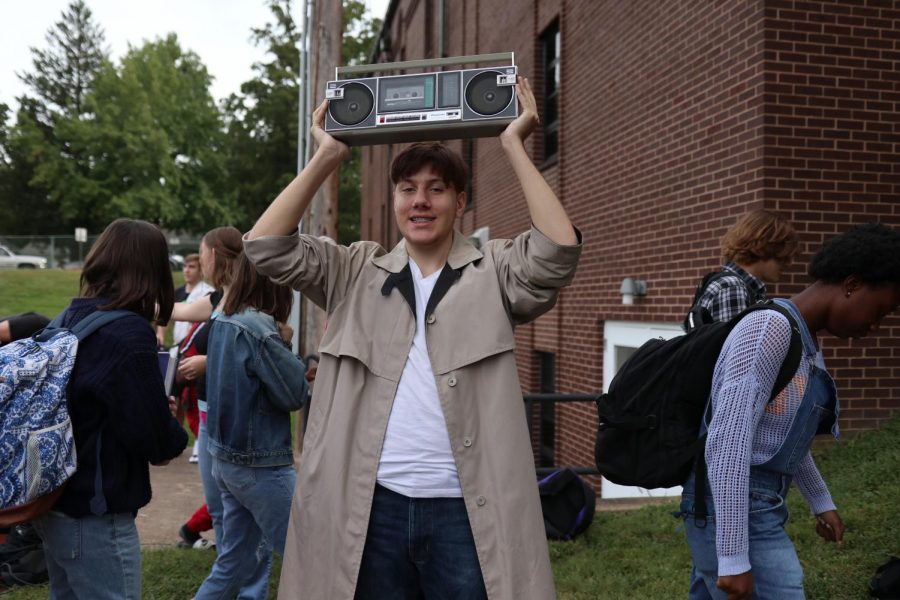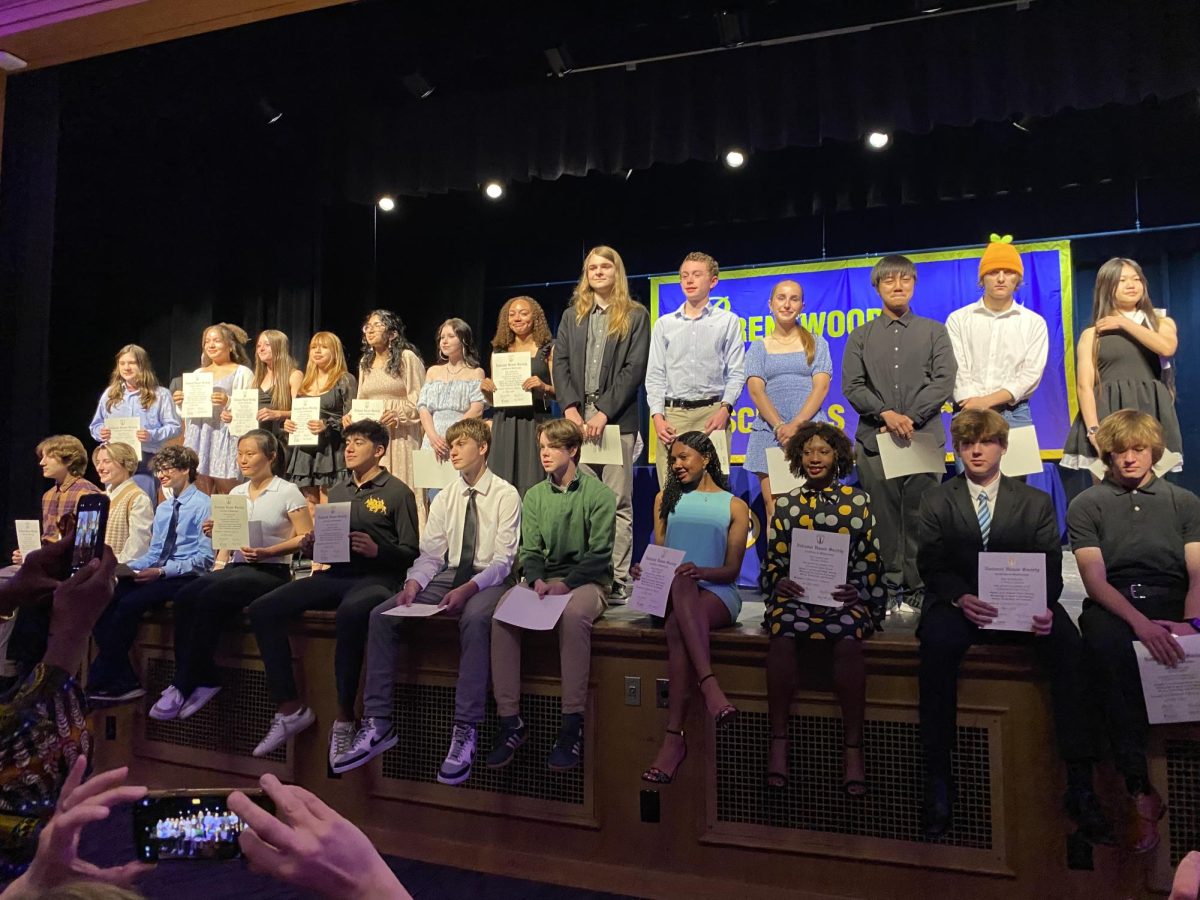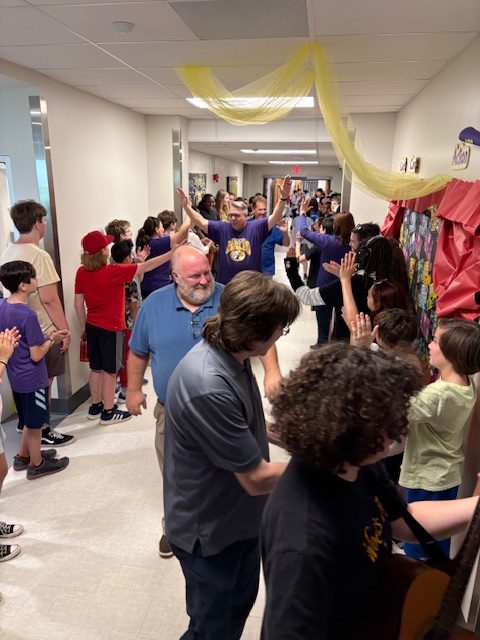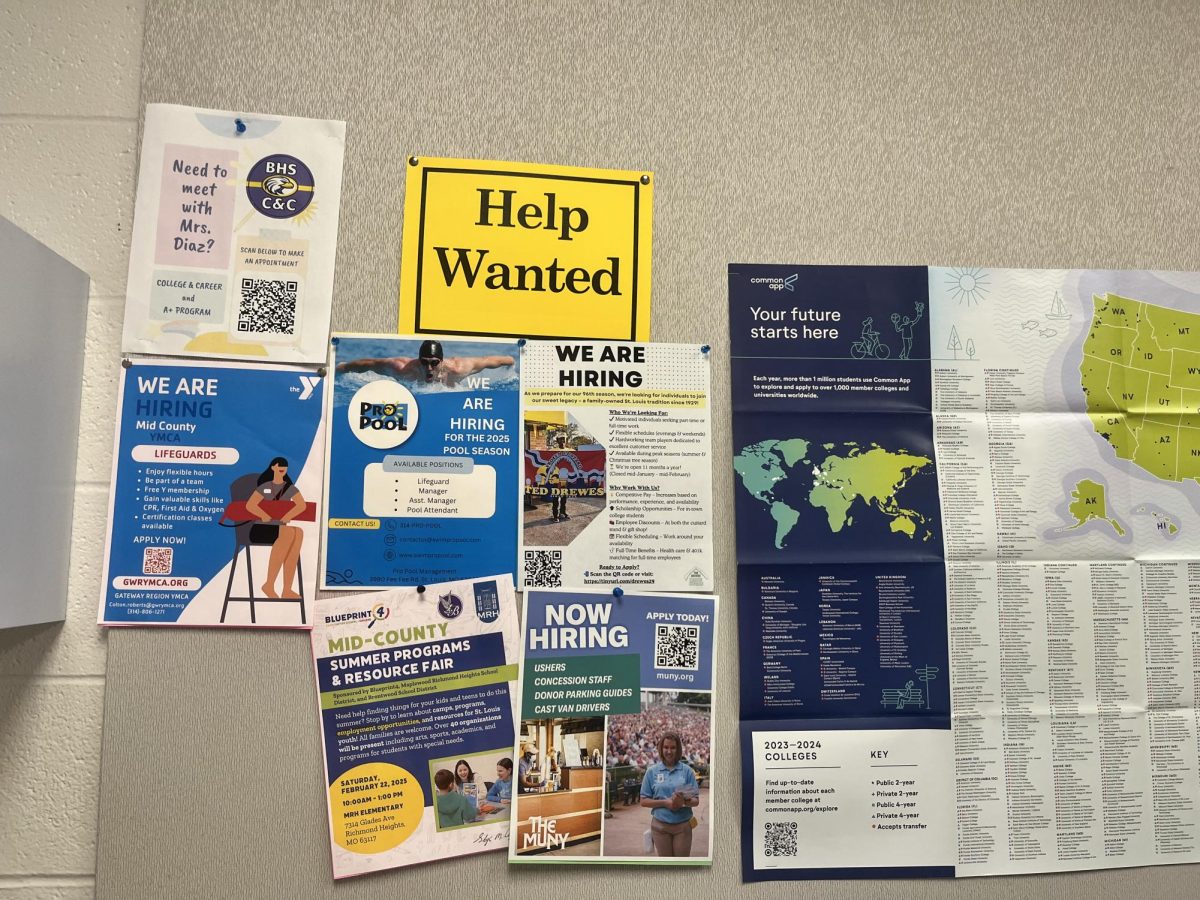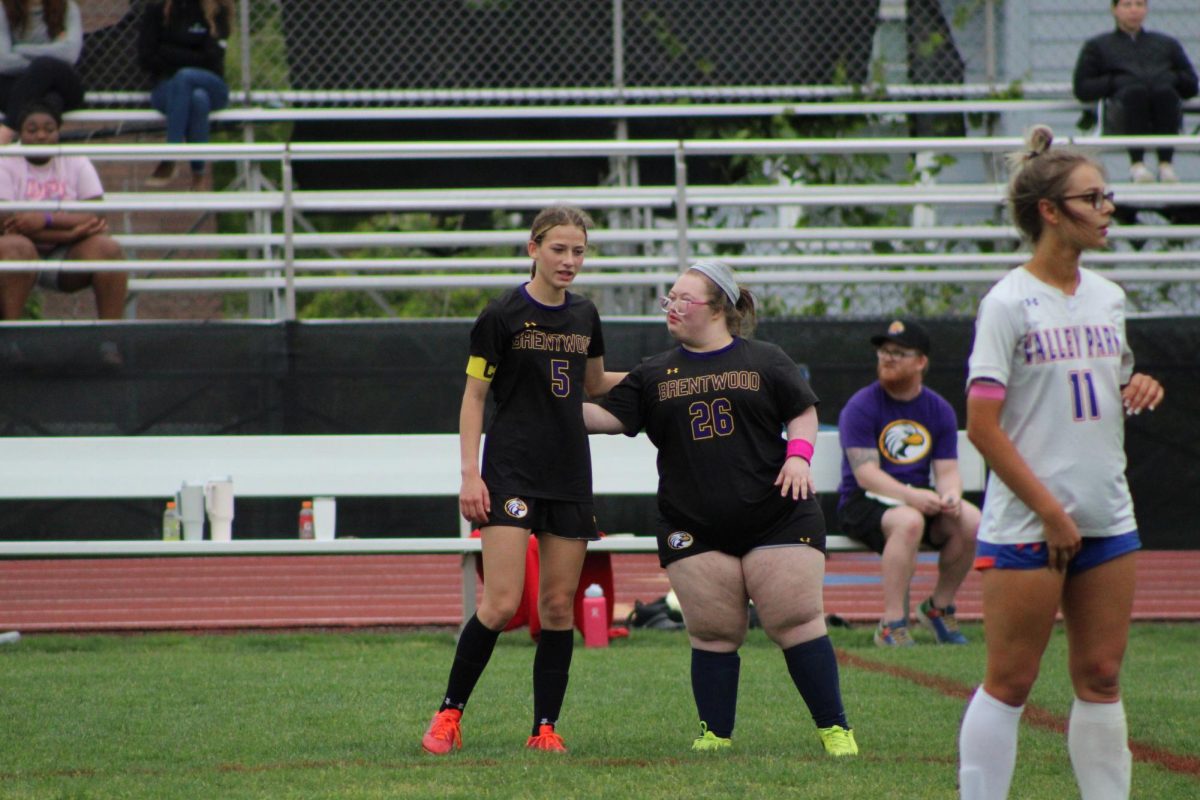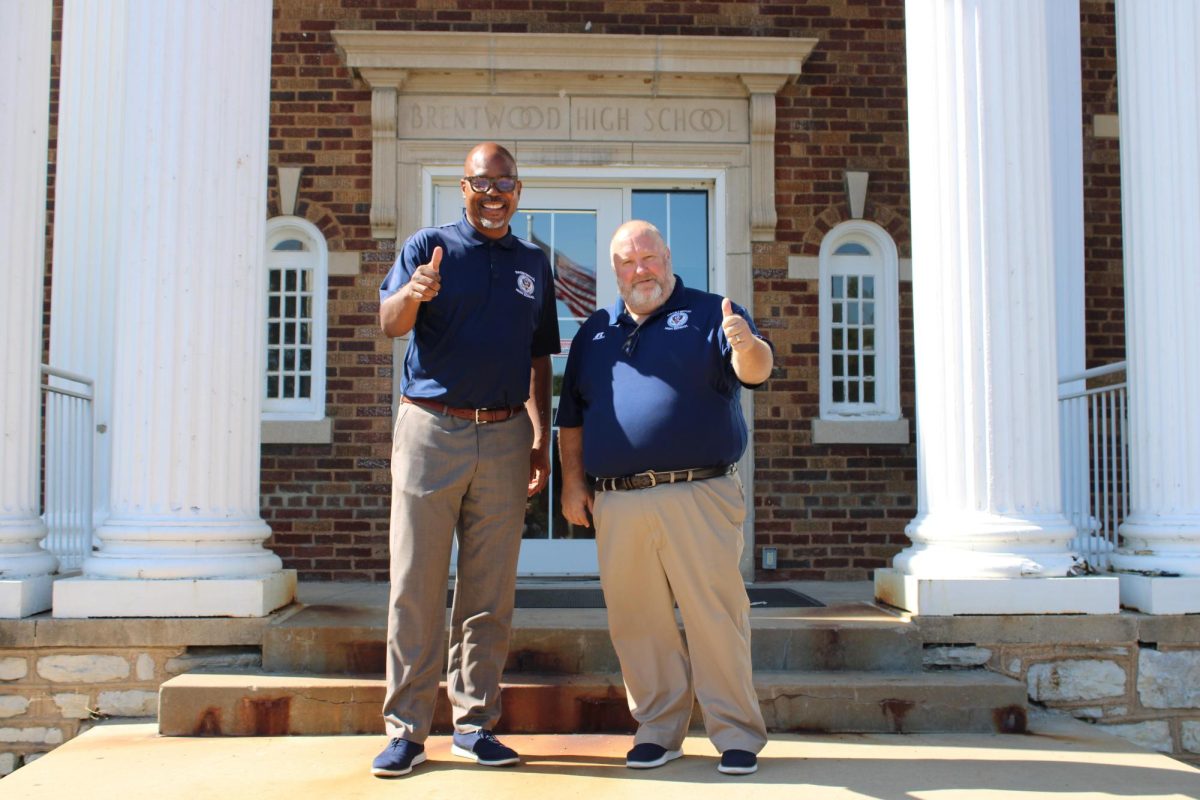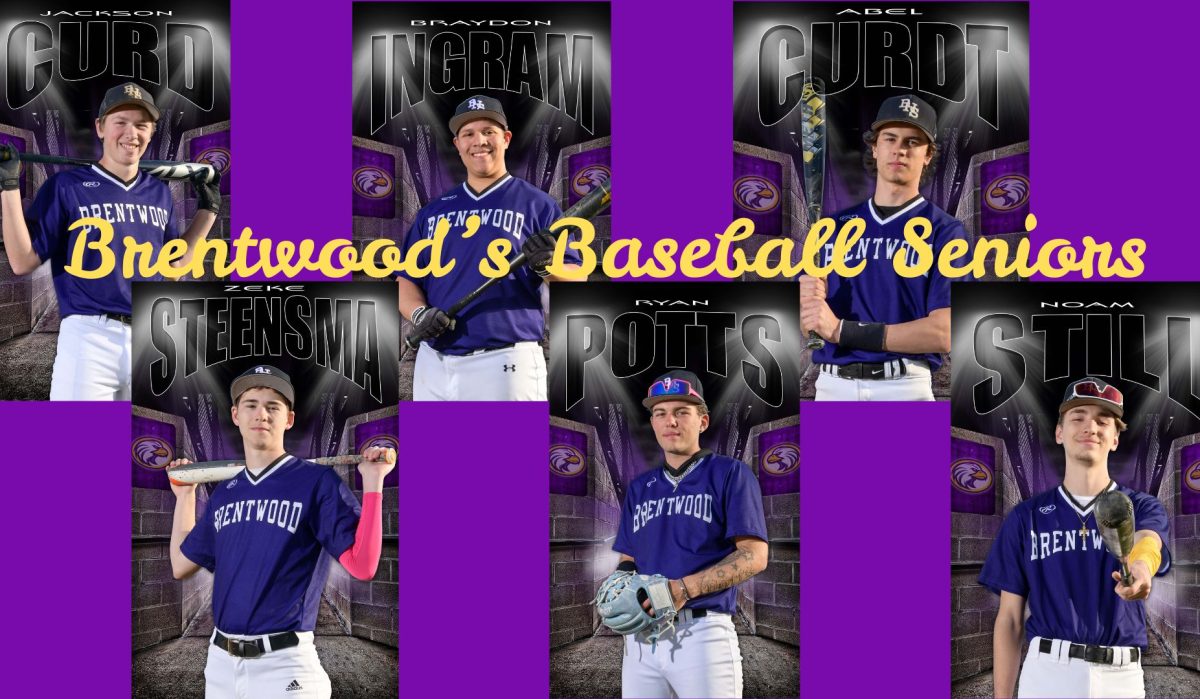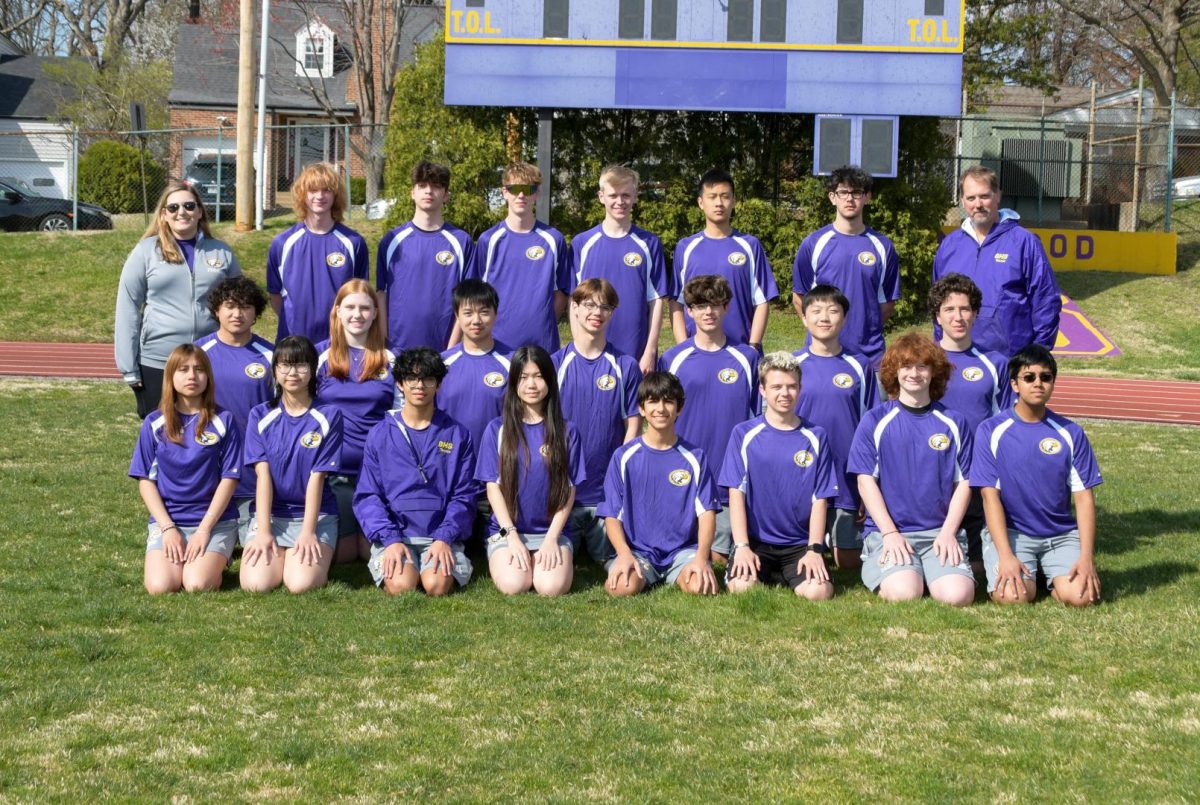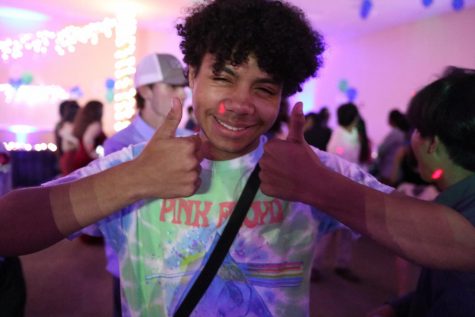Nostalgia is a complicated feeling, and its exact definition is difficult to pin down. The word’s roots come from Greek, and it roughly translates to “homesickness.”
It was coined in the 1600s to describe the feelings of Swiss mercenaries fighting far from home, and it was originally thought of as a medical condition. However, that’s not how it’s used in the modern zeitgeist.
Homesickness is homesickness, while nostalgia is a longing for the past. That past is usually childhood or some other rose-tinted version of “the good old days.” Everyone experiences it to some degree throughout their lives, but you may have heard that millennials and generation Z are more nostalgic than the older generations and that nostalgia is setting in at a younger age.
Is that even true, and if so, why?
The mid to late 2010s saw a flowering of media set in or imitating the 1980s — from the new Star Wars films to Stranger Things to pixel–heavy video games. The cycle is by no means restricted to the past few decades, either. The 80s and 90s saw a flareup of nostalgia for the 50s and 60s, although not quite as pronounced as today. The 50s saw a fascination with the music of the roaring 20s.
With that in mind, we’d expect to see a 90s revival beginning about now, right?
Well, not exactly. That revival began in the early 2010s, and seems to be stronger than past nostalgia pulses.
At the same time was putting out Star Wars, it began pumping out remakes to grab the attention of those growing up in the Disney Renaissance, such as the live-action adaptations of the Lion King and Mulan. Banking on nostalgia turned out to be a good way to secure audiences and profits. Thus, the cultural fascination with the 90s likely isn’t going anywhere soon.
Why so early? In my opinion, the reason lies with millennials.
Let’s be honest here: The past two decades have not been all roses. October 7th marks 20 years since the invasion of Afghanistan, and there’s still no end in sight. America never really recovered from the 2008 crash, and whatever progress was made got knocked down by COVID. Combine that with ever-worsening natural disasters, political polarization, and the aforementioned pandemic, and it’s easy to see why people are longing for an era where none of this was happening.
The 90s weren’t great, but they’re the best things have been for a long time. For people getting out of college just as the crash hit, the process of growing up was disrupted. The relative security older generations had enjoyed was gone, and it never came back. Faced with an uncertain future, it was easier to retreat back to happy memories of childhood. There was a demand for nostalgic 90s media, and it was quickly filled.
The same process repeated itself with Gen Z in the mid-late 2010s, and so teens retreated back to their happy childhood memories in the 2000s, despite the 2000s being substantially worse than the 2010s in a number of ways.
It’s happening again now, as the internet digs up and repackages early 2010s internet humor in several layers of irony and nihilism.
Take, for instance, the endurance of rickrolling or the rebirth of rage comics. This isn’t necessarily a bad thing; after all, nostalgia isn’t inherently harmful. It doesn’t matter if I want to waste a weekend lying in bed and watching Phineas and Ferb. That’s deeply pathetic to me on some level, but I’m not hurting anyone. That being said, relying on childhood nostalgia likely isn’t the healthiest coping mechanism.
The answer to the problem of things being terrible isn’t to sink back to a time when they were merely bad, it’s to try and fix the problems plaguing the world, or at the very least do your best with your skillset. If you really need to shut it all out, I’d encourage you to get some fresh air and go for a walk if you’re able. We all need some time outside to stay sane, and not many people are getting enough of that.


